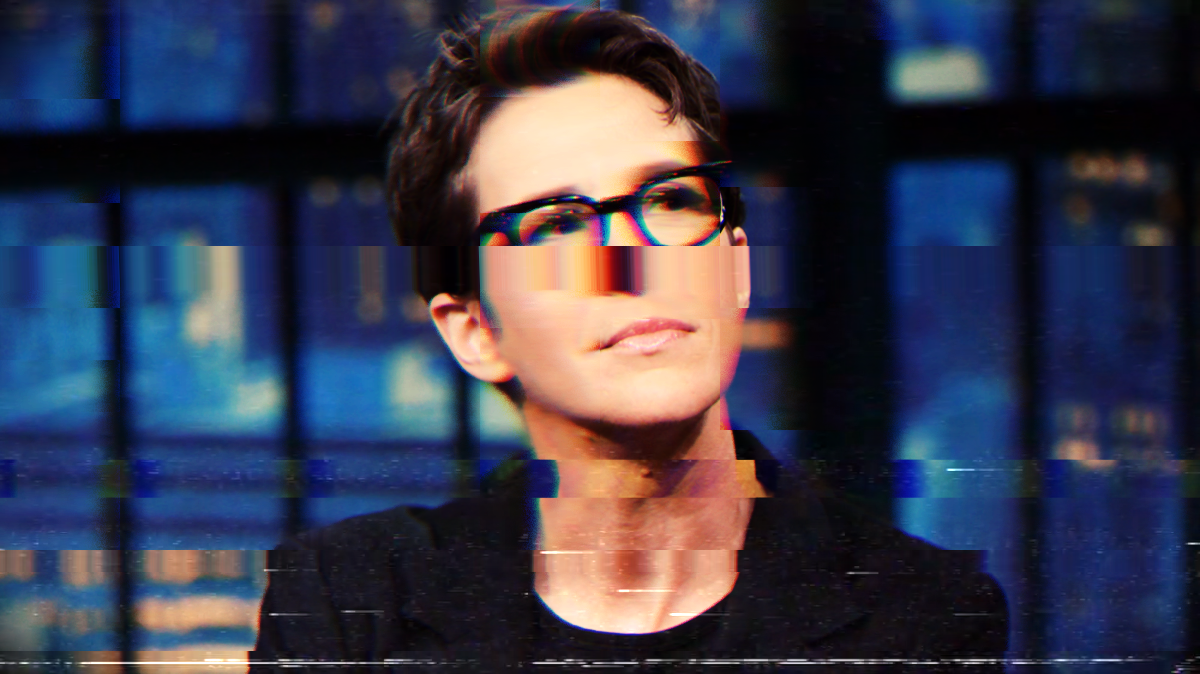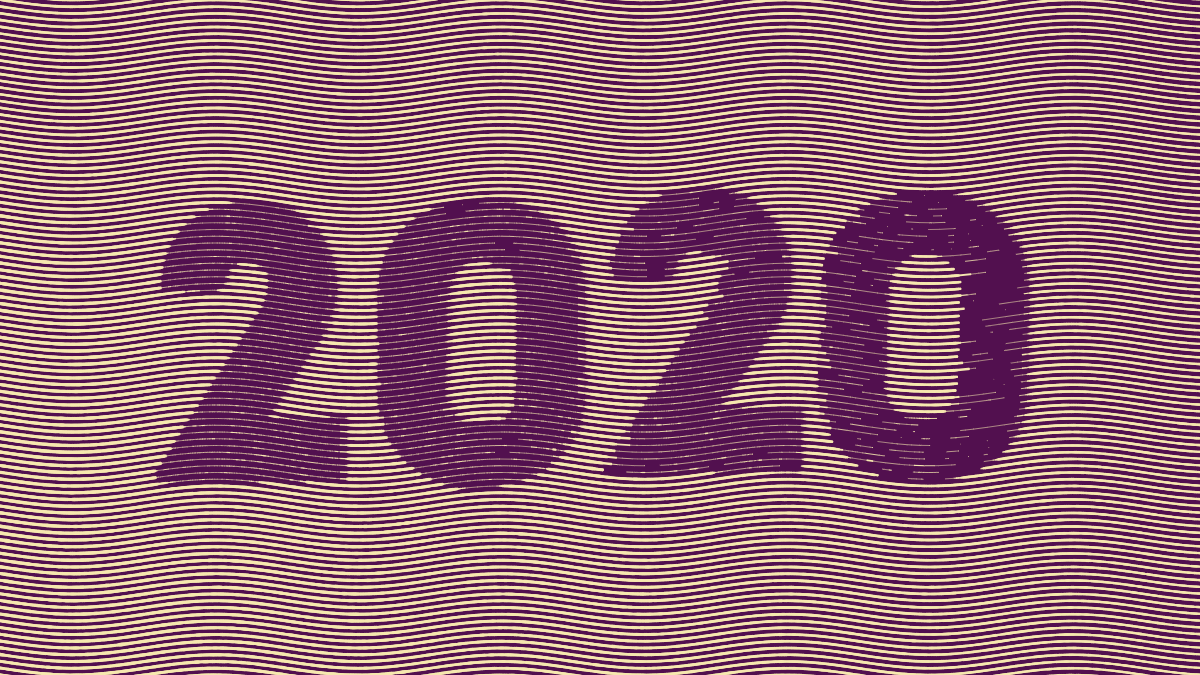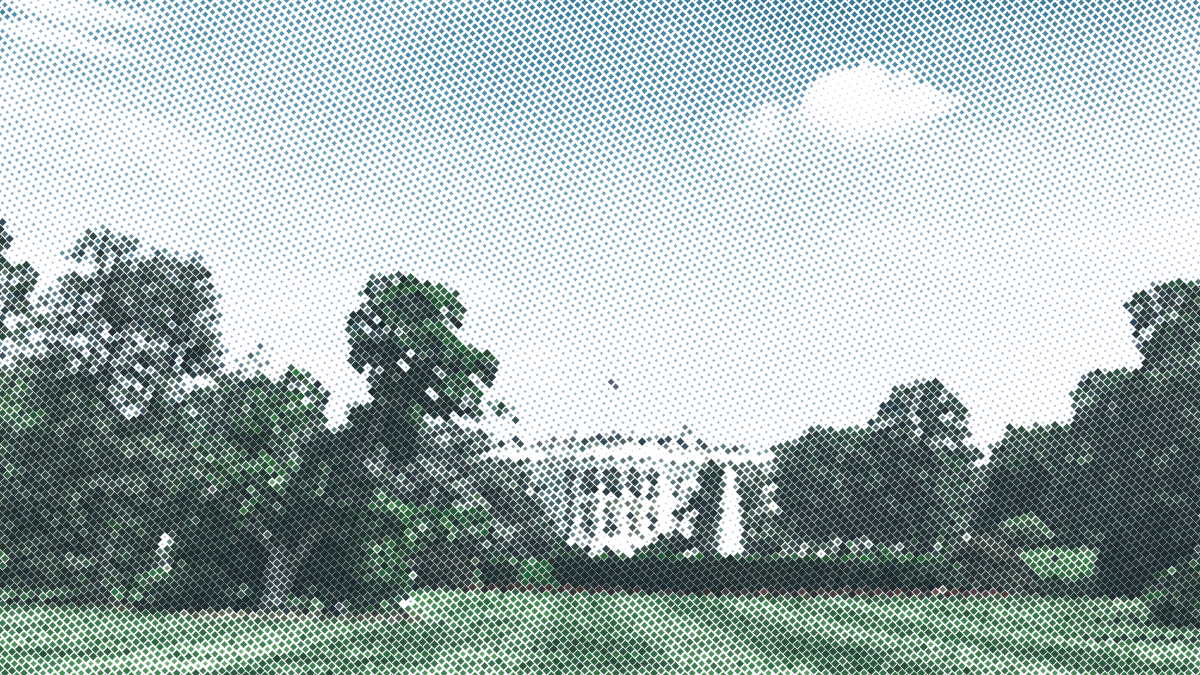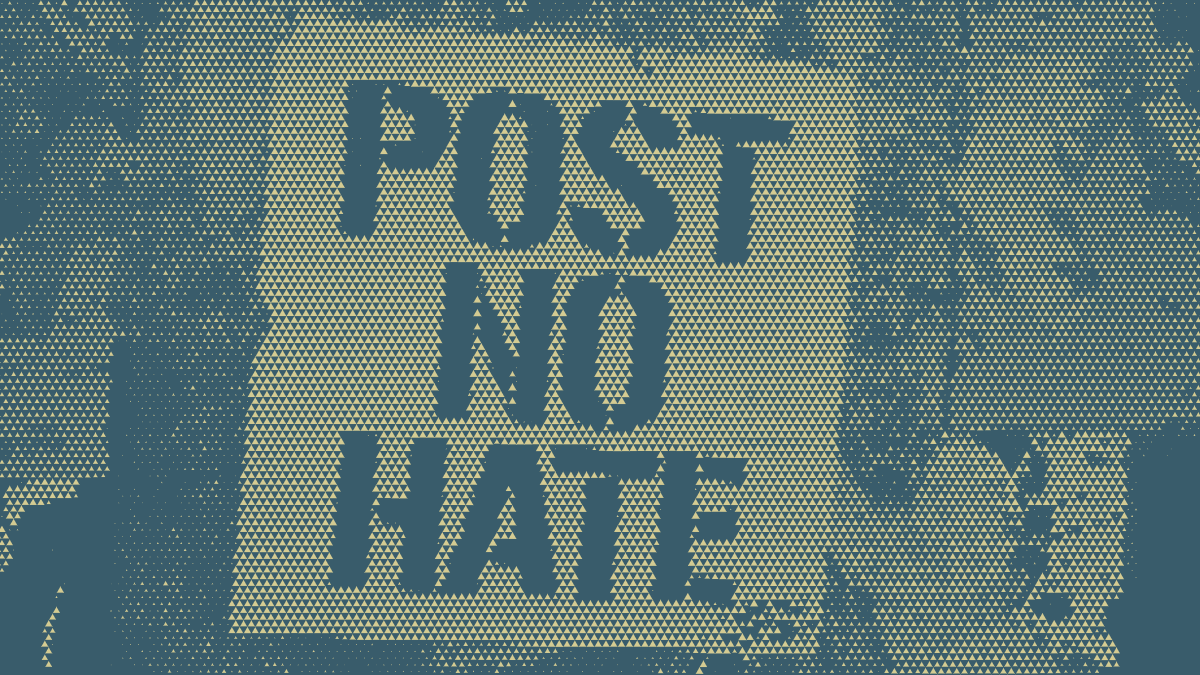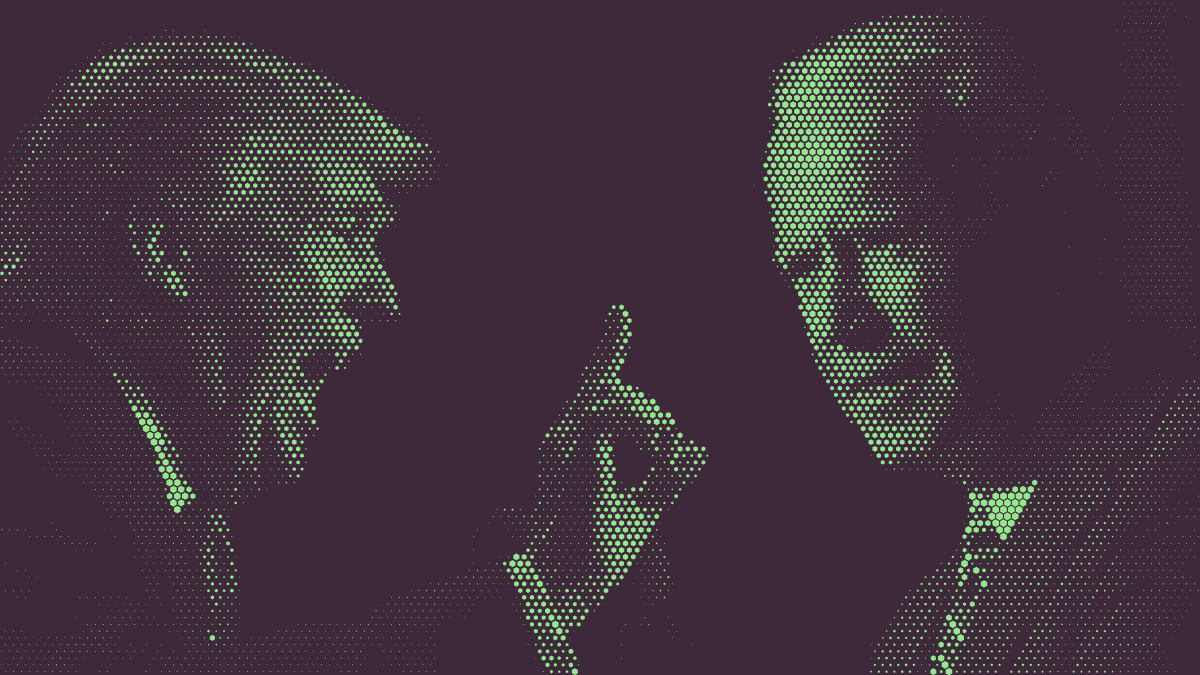For years, corporate media has maintained that Donald Trump was under the influence of Russian agents and that the Russians helped him win the 2016 presidential election. All of these claims turned out to be unsubstantiated. How exactly did the media err on such a monumental scale?
Facebook just made a mockery of the fight against hate speech by admitting that it's okay if you call for the murder of people the political mainstream doesn't like. It's only hate speech if you want to murder the wrong people. What the actual fuck.
A look back at the first year of this podcast, the topics covered and how the show changed with them.
A conversation about how Joe Biden won the election, how Trump lost it, what the media had to do with it and what this means for the future.
The German Bundestag is about to debate far-reaching legislation that will permanently enshrine coronavirus-related restrictions into law. In this episode, I examine this law's privacy and civil liberty implications.
Police raids across Europe to fight hate speech sound like a good idea. But what does 'hate speech' actually mean? And does fighting it actually help? Or will it endanger your freedom of speech and maybe even your privacy?
In a timely, and very long episode, fellow critical thinker Michael Mullan-Jensen and I discuss the upcoming US Presidential Election, how voters might be manipulated to change its outcome and what it means from a privacy perspective.
In the impeachment trial of Donald Trump, the spectre of election interference in the upcoming 2020 Presidential Election was raised again and again. But everyone continues to ignore the actual underlying threat to democracy in the United States: the dangers of electronic voting.
